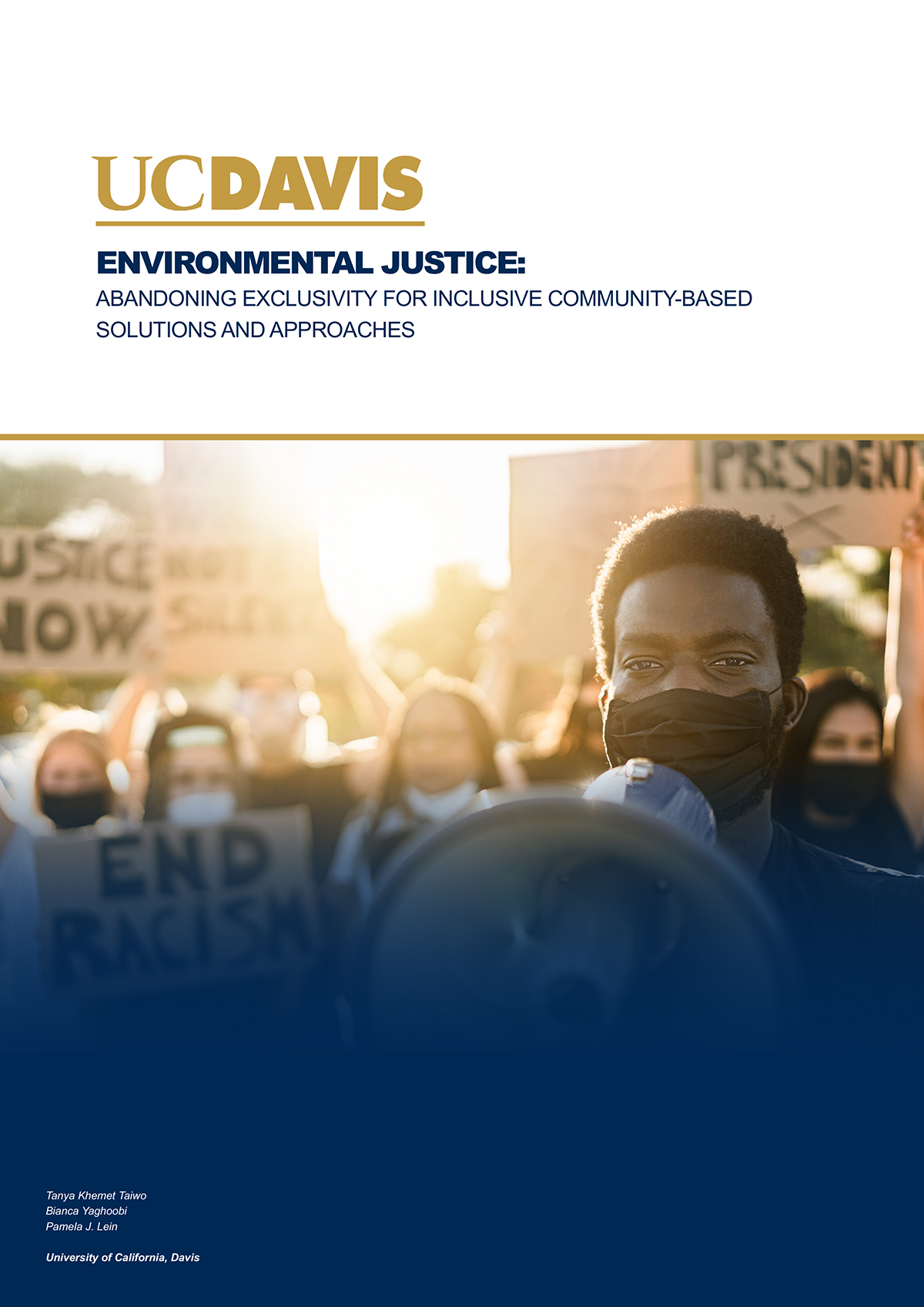Here, Tanya Khemet Taiwo, Bianca Yaghoobi, and Pamela J. Lein at University of California, Davis, discuss how to decolonise environmental justice
When it comes to environmental justice, the research, proposal of solutions and implementation of ideas often happens without the input of the people climate change impacts hardest. In the United States, this phenomena of excluding African Americans and Indigenous people from climate change policy has a long history, which casts a dark shadow on contemporary attempts to address the existential threat of environmental health.
The COVID-19 pandemic globally highlighted health inequities. In the US, the communities which are disproportionately exposed to air pollution also experienced the highest level of COVID hospitalisations and deaths. BIPOC families found themselves afraid for their lives, while continuing to risk them to make enough money to pay their bills. Intergenerational households, predominantly non-White, became precarious ecosystems threatening to collapse at a moments’ notice.
When COVID death stats began to irrefutably align with racial minorities, questions that were previously relegated to inter-community discussions emerged into the mainstream.
Why did the pandemic appear to hit BIPOC harder than any other group? What fresh connection is there between race and death?
These questions rung out across Western countries with minority ethnic communities – but in some places, answers were already written and waiting to be discussed. The answers connected both pandemic impact and racial discrimination to the way climate change is functioning in the US.
States have also proposed their own solutions, but how many of those decisions included the direct input of communities which urgently need them?
Here, Tanya Khemet Taiwo, Bianca Yaghoobi, and Pamela J. Lein dive into the way that communities are excluded from climate change decision-making – taking us clearly through how the US got to this point, then proposing how the country can move away from it.


